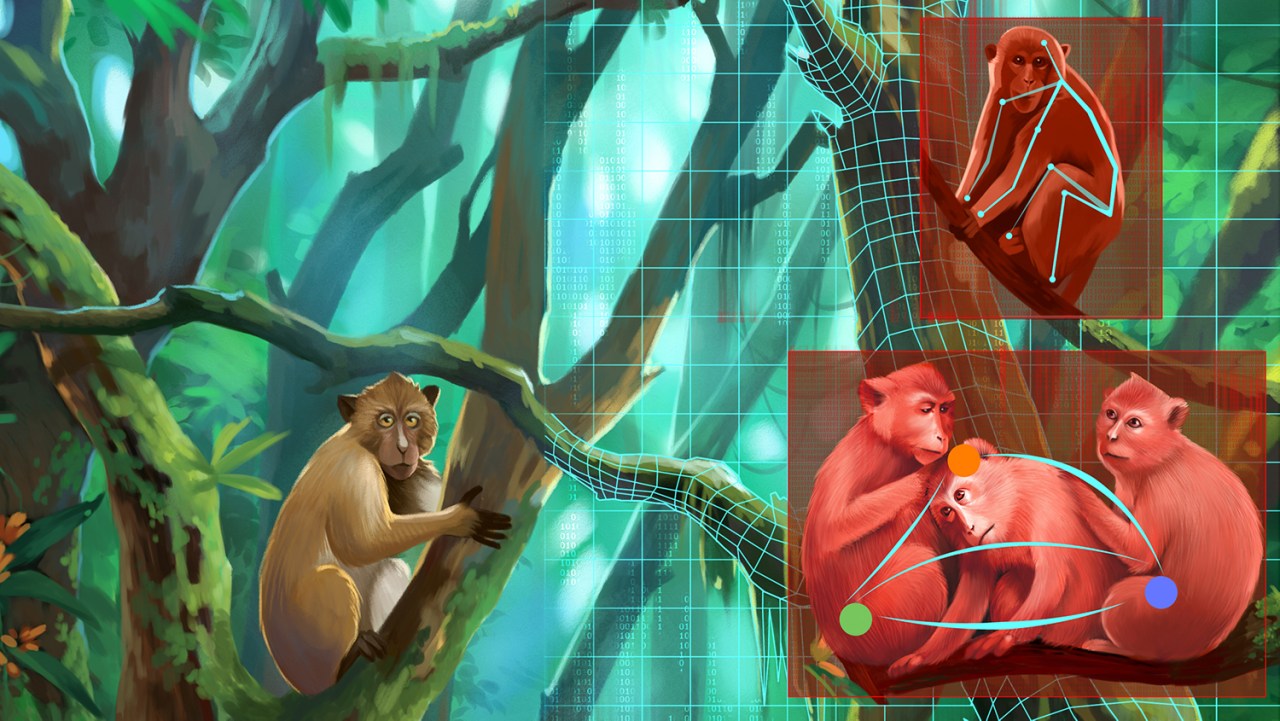The field of artificial intelligence (AI) continues to dominate discussions across various industries, with extensive research pouring in from academia and start-ups alike. This post aims to shed light on some of the latest developments in AI, spotlighting both the promising innovations and the particular challenges that arise as we tread deeper into this technological frontier. Drawing insights from recent studies, we’ll dive into topics like teleoperation risks, algorithmic accountability, gaming AI, and even advancements in wildlife research.
Unpacking the Risks of Teleoperation
Teleoperation technology is revolutionizing how we interact with robots, from managing them in grocery stores to performing hazardous tasks like bomb disposal. However, recent findings from the University of Strathclyde challenge the idea of secure remote control. Researchers demonstrated that even systems equipped with end-to-end encryption could be tracked by malicious entities, risking the integrity of autonomous systems.
This research highlights an important issue: the reliance on cybersecurity measures is not enough. The neural network employed in their study successfully identified robotic movements with 60% accuracy and even reconstructed complex workflows. This indicates a pressing need for robust security measures tailored specifically for teleoperated robots, paving the way for a discourse on devising better protocols to safeguard our robotic counterparts.
The Call for Algorithmic Accountability in Financial AI
Shifting gears, another thought-provoking study emerged from Google and the University of Michigan, focusing on the dynamics of user relationships with AI-driven financial services in high-risk environments like India. Users of instant-loan platforms reported feelings of indebtedness and obligation, sparking conversations about algorithmic accountability.
The co-authors emphasized that designing AI for the financial sector demands more responsibility. They called for a nuanced approach that acknowledges the power imbalances between users and platforms. By advocating for transparency, user agency, and adaptive accountability measures, we can nurture a healthier ecosystem around AI in finance, sidestepping potential pitfalls and fostering a more ethical landscape.
Gaming AI: The Sim-to-Sim Revolution
In a more light-hearted, yet equally captivating study, researchers from TU Dortmund University showcased an innovative approach to creating gaming AIs. Their research focused on the famous game Rocket League, leveraging a “sim-to-sim” training technique. With this method, the AI learned to excel in goalkeeping and scoring within a simplified version of the game.
Its impressive performance saw it stopping nearly all shots while achieving a 75% scoring rate! Such advances could not only bolster the gaming industry but also inform the development of adaptive AI agents capable of learning through simplified simulations, demonstrating the potential of focused training environments for complex tasks.
Transforming Robotics Through Enhanced Simulations
Progress is not limited to gaming. Meta is advancing its simulation technologies that model human limbs for applications in augmented and virtual reality. Their new MyoSuite tool promises faster simulations, allowing for more efficient learning processes in both robotics and embodied AI. The implications are vast—not only could this lead to improved human-robot interactions in AR experiences, but it could also enhance robotic dexterity in real-world applications.
Improving Transportation with Cooperative AI
At the forefront of autonomous vehicle technology, researchers at MIT have taken a collective approach to self-driving cars. By simulating interactions among multiple vehicles using vehicle-to-vehicle (V2V) protocols, they envision a more harmonious driving experience that minimizes idle time and promotes fuel efficiency. Although there are challenges in achieving synchronization across varying traffic conditions, the concept remains a promising avenue to explore further.
Wildlife Research Enhanced by AI
Finally, a heartwarming application of AI comes from the University of Zurich collaborating with the Zurich Zoo. They developed an algorithm capable of tracking subtle behavioral changes in animals, which can provide invaluable information for zoological research. This innovation not only streamlines data collection but enhances animal welfare by enabling more effective monitoring without exhaustive manual oversight.
Conclusion: A Balanced Approach to AI Advancements
The exploration of AI is a complex and multi-faceted endeavor, brimming with both opportunities and challenges. As we navigate through innovative breakthroughs, it is crucial to maintain an awareness of the ethical implications and risks posed by these technologies. The rapid advancements in areas like teleoperation, algorithmic fairness, gaming, transportation, and wildlife research illuminate just how integral AI has become in reshaping our world.
At fxis.ai, we believe that such advancements are crucial for the future of AI, as they enable more comprehensive and effective solutions. Our team is continually exploring new methodologies to push the envelope in artificial intelligence, ensuring that our clients benefit from the latest technological innovations.
For more insights, updates, or to collaborate on AI development projects, stay connected with fxis.ai.

